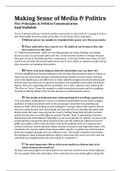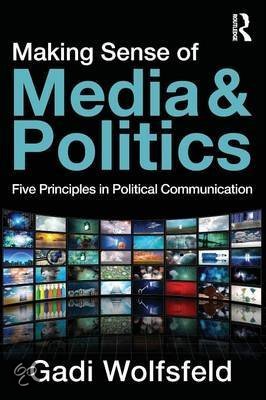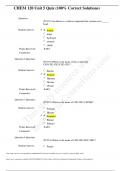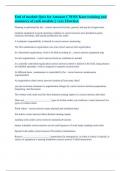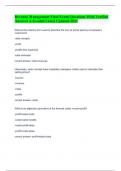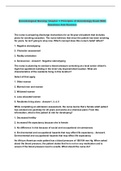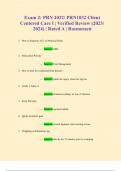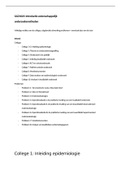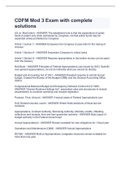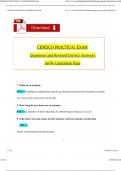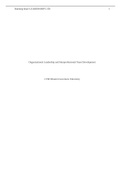Samenvatting
Summary Making Sense of Media & Politics: Five Principles in Political Communication Gadi Wolfsfeld
- Instelling
- Vrije Universiteit Amsterdam (VU)
This is an extended summary of the book "Making Sense of Media & Politics: Five Principles in Political Communication" by Gadi Wolfsfeld. I am a VU (Vrije Universiteit Amsterdam) student following the subject "Media, Society and Politics". Have fun! :)
[Meer zien]
